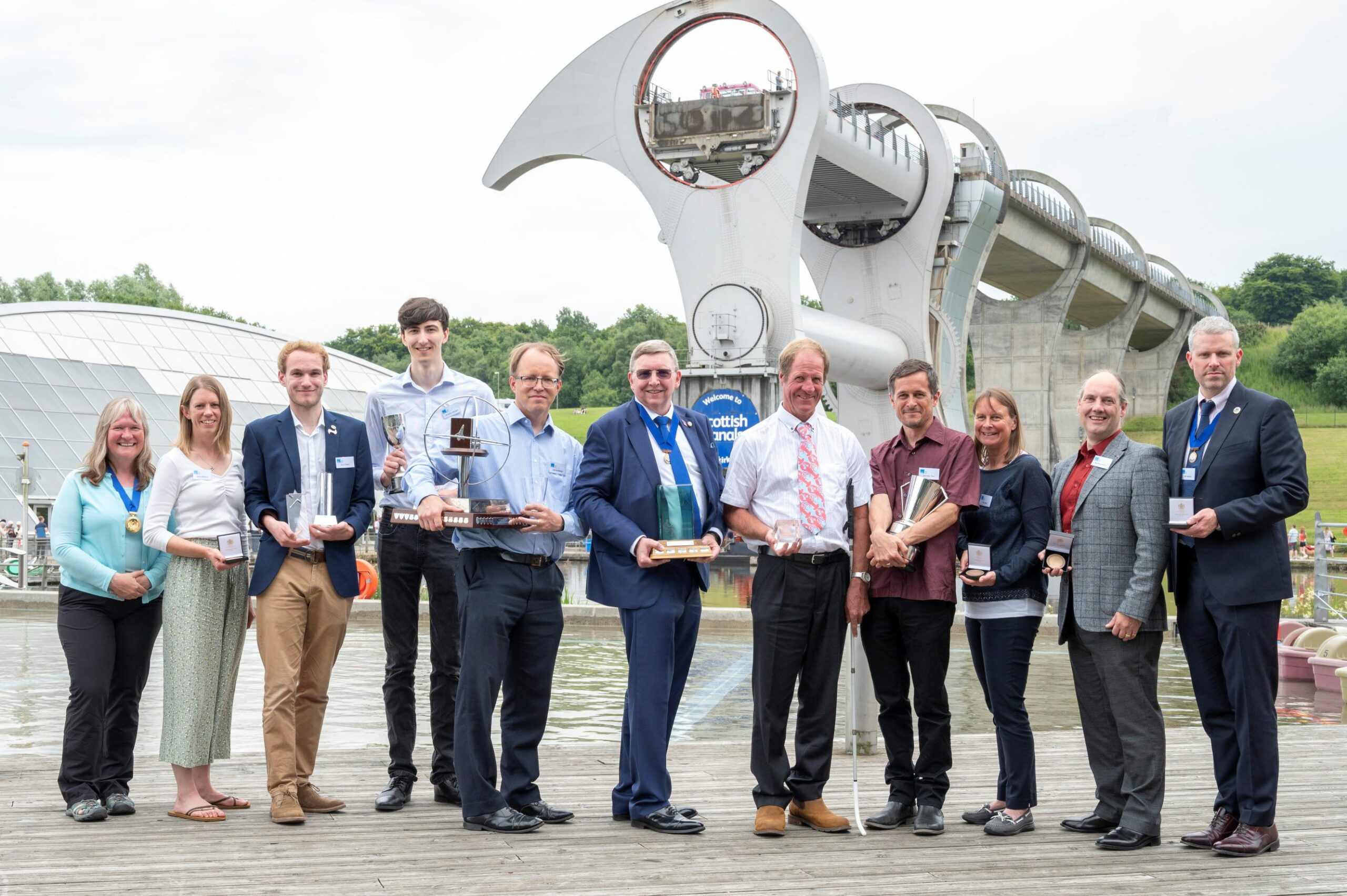With engineering and technology predicted to grow faster than any other sector between now and 2030, it is imperative the new government works with industry to address barriers standing in the way of young people joining the workforce. The skills shortage in engineering and technology is already limiting growth. A strategic approach to addressing the problem will support current projects and power large scale developments such as Great British Energy.
EngineeringUK, along with the National Engineering Policy Centre, are keen to see a National Engineering and Technology Workforce Strategy. We therefore look forward to the new government acting on its manifesto commitments to develop workforce and training plans and a post-16 education strategy and ensure that more young people gain access to apprenticeships and other training opportunities.
The Labour manifesto also pledged to tackle careers education, promising to recruit an extra thousand careers advisers, develop a broader curriculum, and address STEM teacher recruitment and retention. With severe and growing STEM teacher shortages – just over 1,600 vacancies compared to around 1,300 a year ago – EngineeringUK is urging the government to commit to investing in teacher professional development, which research shows is not just a ‘nice to have’ but can significantly prolong teaching careers.
EngineeringUK Chief Executive, Hilary Leevers commented, “As the new government has rightly recognised, we need to nurture a greater pool of talent in engineering and technology including more apprenticeship opportunities for young people, to meet current demand and to help our economy to thrive and to achieve our net zero goal.
“We have been asking for a national engineering and technology workforce strategy for some time to streamline coherent action and replace the current approach of different areas developing their own solutions in isolation, and sometimes, effectively, in competition.
“In order to address skills shortages in the future, the workforce strategy needs to link to a comprehensive education and skills plan underpinned by enhanced careers advice in schools and an urgent solution to current STEM teacher shortages. We will be doing what we can to support the new government in taking action to turbo charge the sector.”
Find out more about EngineeringUK policy priorities for the new government.









